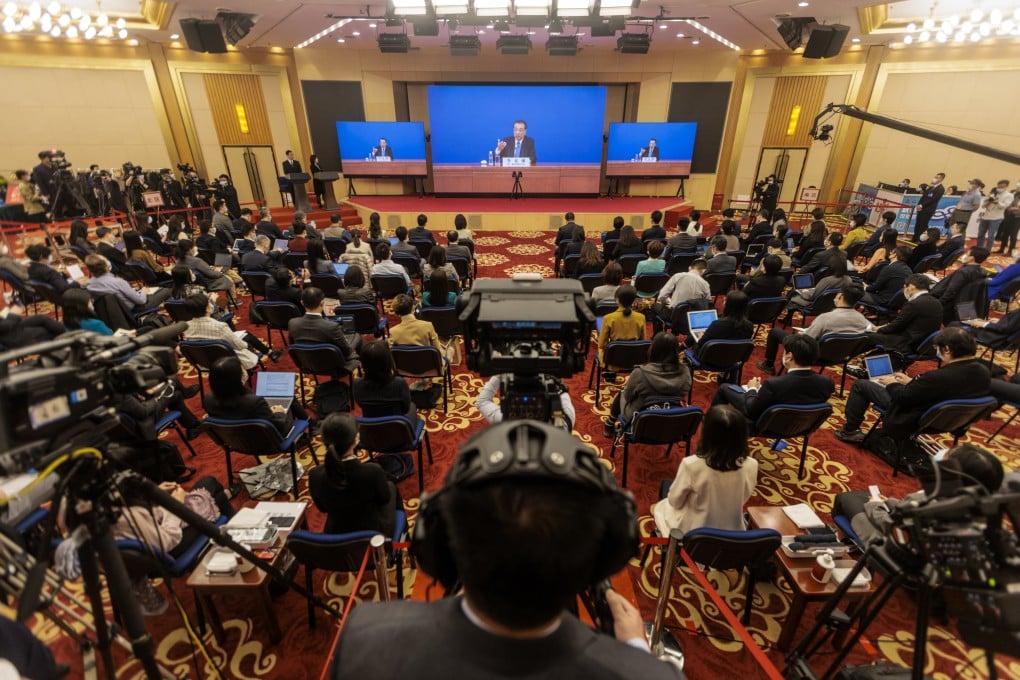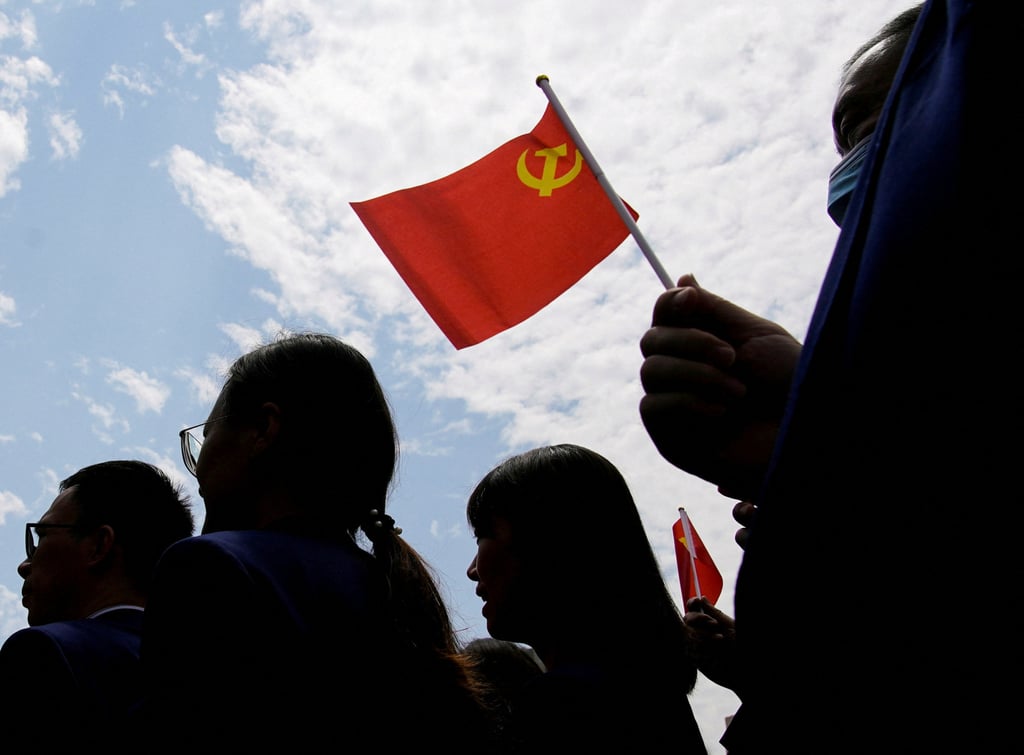Editorial | China law must allow legitimate reporting
- Experts fear proposed update to legislation may pose restrictions on mainland media coverage of disasters and accidents

A free flow of reliable news and information is critical to an effective national response to disaster. Since China enacted its Emergency Response Law in 2007, the internet and social media have revolutionised communication.
Proposals to update the law are therefore timely if not overdue. But some experts fear they may pose new restrictions on mainland media coverage of disasters and accidents, such as limiting access to sites of tragedies and sources of information.
The country’s top legislature, the National People’s Congress, has circulated a draft amendment to the law that calls, rightly, for “timely, accurate, objective and impartial” coverage. It also forbids fabrication or circulation of false information about emergencies “on purpose”, and proposes a “news interviewing and reporting system”, as well as “supporting news media to do reporting”, without elaborating.
There is no issue with seeking responsible reporting, which is paramount at a time of disaster, natural or accidental. Alarmist, exaggerated or fabricated material may spread harmful misconceptions and panic that do nothing to support life-and-death rescue and relief work, recovery and rehabilitation.

In that respect, there is indeed a need to update the law. China’s social media is rife with misinformation and fake news.
